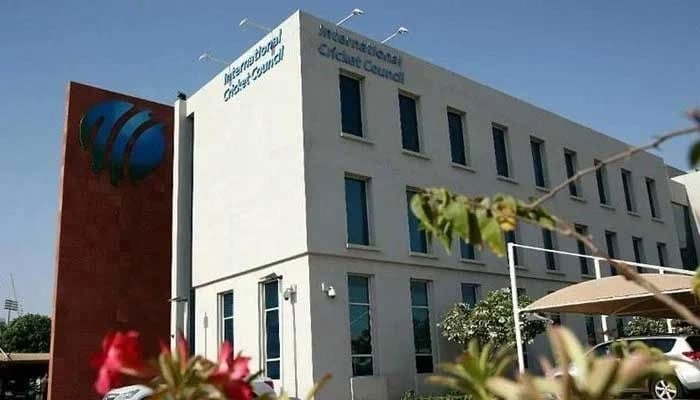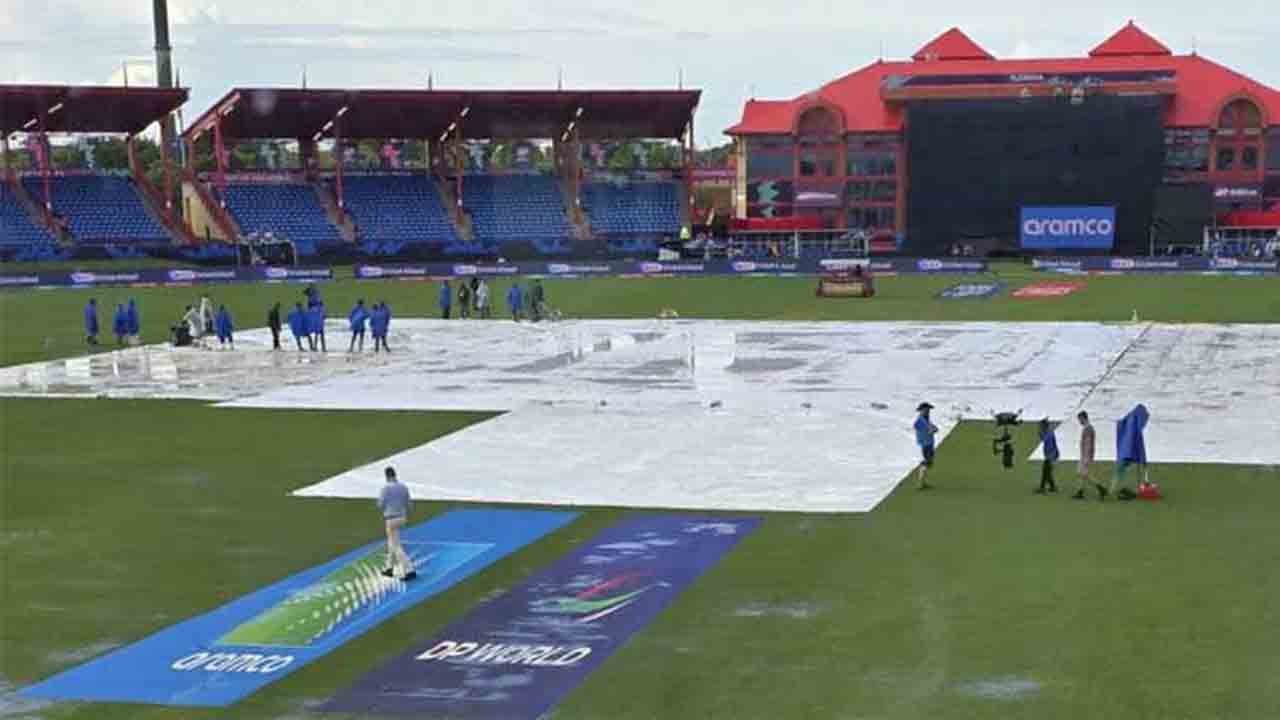The International Cricket Council (ICC) is set to hold a pivotal virtual meeting to decide the future of the ICC Champions Trophy 2025. The tournament’s fate hangs in the balance following India’s refusal to travel to Pakistan, citing undisclosed concerns. This impasse has not only reignited longstanding geopolitical tensions but also brought the commercial and sporting dynamics of international cricket into sharp focus.
Options on the Table: Challenges and Implications
According to reliable sources, the ICC is exploring several potential solutions to resolve the issue. One suggestion is to proceed with the tournament in Pakistan, even in India’s absence. However, this option is deemed unlikely, as India’s withdrawal would severely impact the event’s commercial viability and global appeal. With cricket’s financial ecosystem heavily reliant on Indian markets and audiences, the ICC is wary of adopting such a precedent.
Historically, international tournaments have occasionally proceeded without key participants. For instance, the 1980 Moscow Olympics took place despite a boycott by multiple nations. However, the ICC’s approach is unlikely to mirror that of the International Olympic Committee, as cricket’s bilateral and multilateral tournaments rely heavily on participation from all key stakeholders.
The Hybrid Model: A Divisive Proposal
Another option under discussion involves a hybrid hosting model. This plan would allow Pakistan to host most of the matches while those involving India would be played at a neutral venue, such as the United Arab Emirates (UAE). Despite being a compromise, this solution has met resistance from the Pakistan Cricket Board (PCB). Sources within the PCB have reportedly rejected the hybrid model outright, arguing that it undermines Pakistan’s hosting rights and compromises the integrity of the tournament.
The PCB has also signaled its firm stance on ensuring that no Pakistan matches, including a potential blockbuster clash against India, are held outside its territory. This insistence stems from the significance of a Pakistan-India match, which is widely regarded as the pinnacle of cricketing rivalries and a major revenue driver for any tournament.
From the ICC’s perspective, a Champions Trophy without a Pakistan-India match is unlikely to gain approval. Such a scenario would not only diminish the tournament’s appeal but also weaken its financial standing.
Relocation and Postponement
Among the other proposals under review is the possibility of relocating the entire tournament to a neutral venue. This would effectively strip Pakistan of its hosting rights, a move the PCB is expected to strongly oppose. There is also speculation about postponing the tournament to a later date to allow time for a resolution. However, postponement could disrupt the ICC’s tightly packed international cricket calendar, making it a less favorable option.
Stripping Hosting Rights: A Critical Standoff
One of the more contentious options reportedly being considered is stripping Pakistan of its hosting rights altogether. This move, likely aimed at pressuring the PCB to soften its stance, would be a significant blow to Pakistan cricket. The PCB has already reiterated its opposition to such measures and is prepared to defend its position vigorously.
PCB Chairman Mohsin Naqvi, during a visit to Lahore’s Gaddafi Stadium on Wednesday, assured stakeholders that he would advocate for Pakistan’s interests at the ICC meeting. Naqvi emphasized that Pakistan would not compromise on its longstanding principles, including its stance against financial compensation for relinquishing hosting rights.
Formal Requests and ICC’s Role
Ahead of the meeting, the PCB has formally requested the ICC to present detailed and practical proposals. Additionally, the PCB has demanded that the Board of Control for Cricket in India (BCCI) provide a written explanation for its refusal to tour Pakistan. This includes submitting evidence to support its position, which could further clarify the impasse.
Sources indicate that the ICC is walking a tightrope, balancing the need for a fair resolution with the commercial realities of modern cricket. While the PCB remains firm on rejecting the hybrid model and defending its hosting rights, the ICC’s decision will likely reflect the larger dynamics of cricket governance and diplomacy.
A Defining Moment for Cricket
The ICC’s upcoming decision on the Champions Trophy 2025 will have far-reaching implications not only for the tournament itself but also for the broader cricketing landscape. It represents a critical test of the ICC’s ability to mediate disputes and uphold the spirit of the game while addressing commercial pressures and political sensitivities.
For Pakistan, this is more than a question of hosting rights; it is a matter of national pride and the future of its cricketing infrastructure. As the cricketing world awaits the outcome of this high-stakes meeting, the focus remains on finding a resolution that preserves the integrity of the tournament while respecting the rights of all stakeholders.



